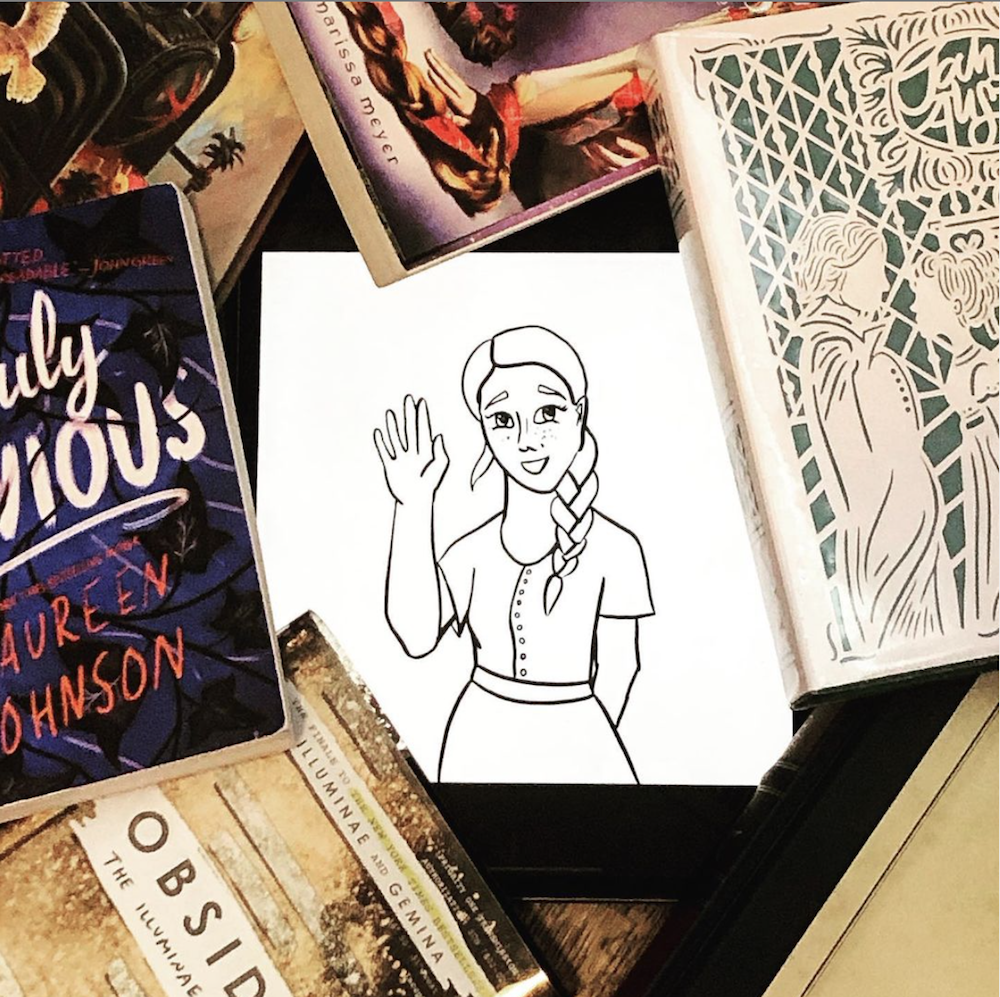I absolutely adored this book. As in stayed-up-until-4-AM-reading-it-in-one-sitting adored it.
The Love Hypothesis, by Ali Hazelwood, follows Olive, a biology PhD student at Stanford, who ends up fake-dating Adam, a professor there (who isn’t at all involved in her supervision), in order to prove to her best friend, Anh, that she’s completely over her ex (so that Anh can date Olive’s ex guilt-free).
I don’t read a lot of fake dating, and it usually ends up annoying me, but I truly loved it so much here; it’s definitely made me change my mind about the trope. The entire development of the romance between the two characters was adorable and well-done and I haven’t shipped anything that hard in a very long time.
I loved Olive a lot; she has some trauma related to love and allowing people to get close to her that she’s never really dealt with due to losing the entirety of her close family one way or another. She’s sassy and relatable and a great protagonist. She’s working on a tool for early diagnosis of pancreatic cancer, which is what she lost her mom to; she’s so passionate about it and I thoroughly appreciated that aspect of her character.
Most of all, I appreciated the low-key demisexual representation; it isn’t explicitly named, but it does discuss Olive having wondered if she was asexual in the past, as well as her very explicitly explaining that she only feels sexual attraction when she has a strong bond with someone. That entire aspect of the book was very well written, and felt super affirming to me as a demisexual person myself. I do wish that the author had explicitly stated the label in the book, because representation is important, especially for such a little-discussed identity, and even though I, and other demisexual people, can easily recognize Olive’s feelings, and other aspec people probably can as well, it would be valuable for that aspect of the book to be explicitly spelled out, to elicit more discussion and acceptance of demisexuality as a real identity. It’s very possible that the author didn’t mean to write a demisexual character, but the fact of the matter is that that’s what she did, and acknowledging that is important.
Adam’s great as well; he’s known for being a super harsh professor, which is the image that Olive has of him going in, but he’s so soft for her and his character is so developed, possibly even more than Olive’s is. I loved their gradual relationship development. All of the side characters are done really well too; every character in this book has an individuality about them that really makes the story feel more dynamic.
The handling of the fake-dating trope in this is unparalleled. The tension was so strong for the entire book, and I was so genuinely invested in Adam and Olive’s relationship. Believe me, even if you don’t think you like fake-dating, you will absolutely adore it in this book.
The academia setting is also great; I loved reading about the characters’ research and all of the science discussion. I also really appreciated the book’s discussion of sexism and racism in academia, both through Olive and Anh’s discussions and through the actual plot.
Overall, I can’t recommend this book enough. I would probably check out the content warnings before deciding to pick it up, but, if those look okay to you, then you should definitely give it a shot, particularly if you love slow-burn romance, fake-dating, STEM settings, or just any fluffy romance.







Recent Comments